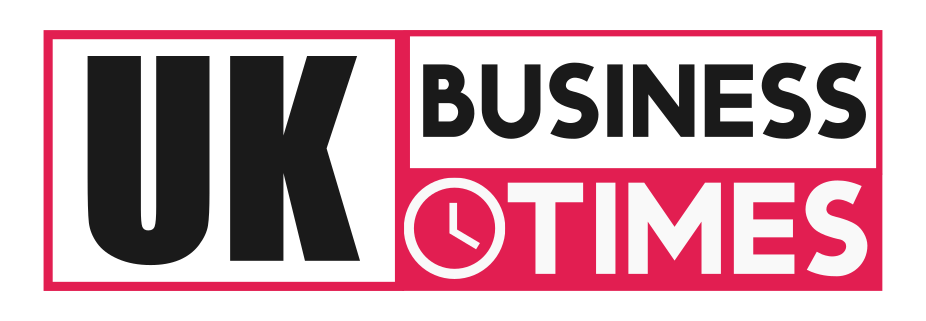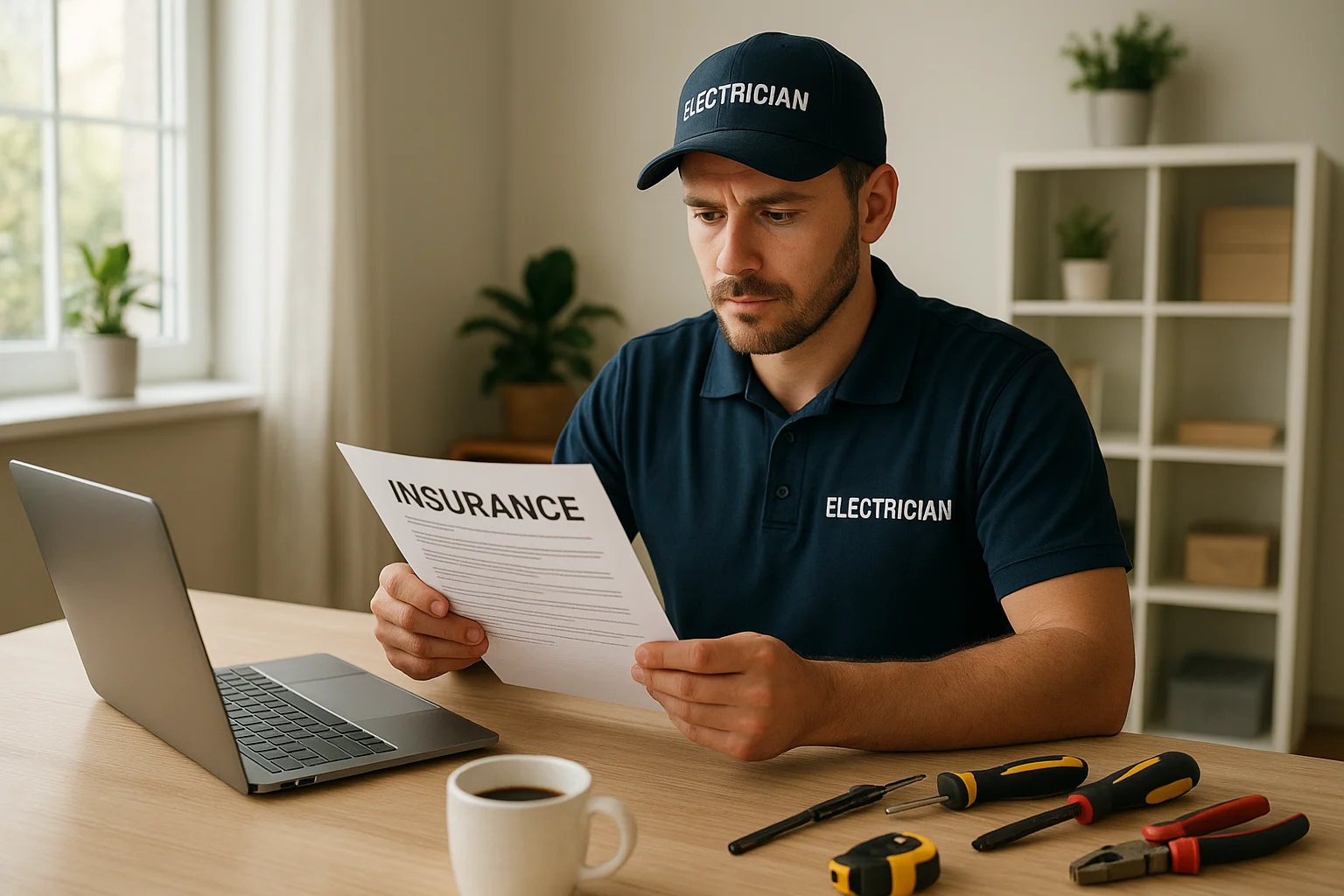Stepping into the world of self-employment comes with a unique sense of freedom, independence, and responsibility. Whether you’re a tradesperson, creative freelancer, consultant, or sole trader, you’re probably wearing multiple hats every day.
Amid managing clients, invoices, taxes, and deadlines, there’s one important aspect that often gets overlooked, protecting yourself and your business with public liability insurance.
Many self-employed professionals in the UK are uncertain about whether they need public liability insurance, how much it will cost, and what it covers. If you’re one of them, you’re in the right place.
This guide will break down everything you need to know about public liability insurance for self-employed professionals in the UK, including costs, legal considerations, cover limits, real-world examples, and how to get the best quote.
What is Public Liability Insurance?

Public liability insurance is designed to protect self-employed individuals if a third party is injured or their property is damaged due to your business activities.
It doesn’t matter how careful or experienced you are, accidents happen, and when they do, they can be financially devastating without the right cover.
What Does It Typically Cover?
- Injuries to clients or members of the public due to your work
- Damage to property you accidentally cause
- Legal costs and compensation payments
- Accidents during business events or at your premises
Why It’s Particularly Important for the Self-Employed?
If you’re self-employed, you’re likely to be the sole person responsible for any issues arising from your work. Unlike employees, you don’t have a company absorbing liability or handling claims.
Many clients, councils, and large organisations won’t even consider hiring self-employed professionals unless they can provide proof of adequate public liability cover, often requiring at least £2 million to £5 million in coverage.
Having this insurance doesn’t just offer financial protection, it also shows professionalism and credibility.
Is Public Liability Insurance a Legal Requirement for Self-Employed Workers in the UK?
Public liability insurance is not legally required in the UK for self-employed individuals. However, in practice, it’s often treated as essential.
When It Becomes Indirectly Mandatory?
Some clients or organisations may demand you have it before they hire you. This is common for:
- Contractors working with local councils
- Freelancers hired by large corporations
- Tradespeople entering public or commercial buildings
In those scenarios, not having public liability insurance could cost you business opportunities.
Can You Self-Insure?
Technically yes, but this means you’d have to pay any legal fees or compensation out of pocket. Considering claims can run into tens or even hundreds of thousands of pounds, most self-employed people see insurance as a wise investment.
How Much is Public Liability Insurance for Self Employed in the UK?

The cost of public liability insurance for self-employed workers in the UK can vary significantly based on several risk factors. However, industry averages in 2025 show:
| Coverage Level | Estimated Annual Premium |
|---|---|
| £1 million | £55 – £70 |
| £2 million – £5 million | £90 – £105 |
| £10 million | £150 – £250+ |
What the Majority Pays?
According to data from Compare the Market and other leading brokers, over 50% of self-employed customers in the UK pay less than £90 per year for public liability cover. This makes it an affordable and accessible safety net for many trades.
Which Factors Affect the Cost of Public Liability Insurance for the Self-Employed?
Your premium is based on a range of personalised factors, not just a flat rate. Understanding what influences your cost can help you shop smarter and manage your risks better.
Key Pricing Factors
Type of Occupation
Trades involving manual labour or high-risk environments, like:
- Electricians
- Plumbers
- Builders
They will typically have higher premiums compared to lower-risk roles such as illustrators or copywriters.
Business Size and Turnover
The larger your turnover, the more you stand to lose, and insurers will adjust your premiums accordingly.
Business Location
Your physical base can influence cost, as legal expenses and compensation payouts vary across the UK.
Claims History
A clean claims history usually leads to cheaper premiums. If you’ve made public liability claims in the past, you may be seen as higher risk.
Policy Limits and Extras
Opting for higher levels of cover, like £10 million instead of £1 million, will cost more. Also, adding equipment cover, tools insurance, or events liability can increase your total.
Do Self-Employed People Working from Home Need Public Liability Insurance?

Working from home may feel low-risk, but if clients or third parties visit your property for business purposes, you could be liable for accidents or damages.
Example Scenarios Where Insurance Helps
- A client trips over a cable in your home office and breaks their arm
- You spill tea on a client’s expensive laptop during a meeting
- A courier injures themselves on your driveway during a delivery
Why Home Insurance Isn’t Enough?
Most standard home insurance policies do not cover business-related incidents. You may need to inform your provider and ensure your public liability policy accounts for visitors at your home.
How Much a Freelance Electrician Pays for Public Liability Insurance?
James has been self-employed for five years, working mainly in domestic homes but occasionally in commercial buildings. He has:
- An annual turnover of £45,000
- No previous insurance claims
- One apprentice under his training
James’s Public Liability Insurance Details
| Policy Detail | James's Choice |
|---|---|
| Coverage Amount | £5 million |
| Additional Covers | Tools insurance, Personal Accident |
| Premium | £127.50 per year |
| Provider Requirement | Local council contract requires minimum £5 million cover |
Why It Matters?
Without public liability insurance, James wouldn’t have qualified for contracts with local councils, which now make up 30% of his business.
What Level of Public Liability Cover Do Self-Employed Workers Typically Choose?
Most insurers offer flexible coverage levels, typically ranging from £1 million to £10 million. The level you choose depends on:
What Influences Cover Level?
- Industry requirements – Councils may demand at least £5 million
- Client contracts – Large firms may request proof of specific cover levels
- Risk exposure – Working in public spaces or events increases your risk
Commonly Selected Coverage Options
| Type of Worker | Typical Coverage Chosen |
|---|---|
| Personal Trainer | £1 million – £2 million |
| Photographer | £1 million |
| Plumber/Electrician | £2 million – £5 million |
| Event Organiser | £5 million – £10 million |
Choosing a higher limit might increase your premium, but it also enhances peace of mind and eligibility for larger contracts.
What Other Types of Insurance Should Self-Employed Individuals Consider?

Beyond public liability, many self-employed professionals benefit from a range of optional insurances. These can cover different aspects of your work and income.
Additional Insurance Options
- Employers’ Liability Insurance: If you hire anyone outside your immediate family or are a limited company with multiple directors, this is legally required.
- Income Protection Insurance: Protects your earnings if illness or injury stops you from working. Especially useful for sole traders without sick pay.
- Professional Indemnity Insurance: Covers compensation costs if your professional advice leads to a client’s financial loss or damages their reputation.
- Personal Accident Insurance: Pays out if you’re injured and can’t work due to an accident, helping cover bills or business expenses.
- Personal Possessions Insurance: Useful for those who work in cafes or shared spaces. Covers laptops, phones, or other tech in case of theft or damage.
- Health Insurance: Provides quicker access to private healthcare, helping you recover faster and return to work sooner.
How Can You Get the Best Public Liability Insurance Quote in the UK?
Getting the best deal isn’t just about going for the cheapest. It’s about balancing cost with coverage. Here’s how to find the right policy.
Steps to Secure a Great Quote
- Compare Across Platforms: Use trusted comparison tools and sites that specialise in self-employed and small business insurance.
- Know Your Industry Code: Be accurate about your occupation and business type when entering your details online.
- Adjust Coverage Level: Tailor your coverage to the minimum needed for your work, unless higher cover is contractually required.
- Add or Remove Optional Covers: Don’t pay for extras like tools cover unless necessary. But don’t skip essential ones like income protection.
- Maintain a Clean Claims History: Avoid small claims if you can cover them yourself. Fewer claims can keep your future premiums lower.
What’s the Difference Between Sole Trader and Limited Company Liability Insurance?
Both sole traders and limited companies can hold public liability insurance, but how the policy is structured and used might differ.
Sole Trader Cover
- The individual is personally liable
- Usually simpler and cheaper
- Claims are made against the person
Limited Company Cover
- Liability lies with the company, not the individual
- Higher cover may be needed if you have staff or contracts
- May require employers’ liability as well
Whichever structure you choose, ensure the policy details correctly reflect your business setup to avoid issues during claims.
Conclusion
Public liability insurance may not be a legal requirement for the self-employed in the UK, but in practice, it’s often essential. It provides a financial shield against accidents, legal disputes, and third-party claims, allowing you to focus on growing your business without fear.
Whether you’re just starting out or looking to renew your policy, take the time to understand your business risks, compare quotes, and select the right level of cover.
For many self-employed professionals, it’s not just about protection, it’s about professional credibility, peace of mind, and opportunity.
FAQs
Is public liability insurance compulsory in the UK for self-employed?
It is not legally required, but many clients and local councils demand proof of cover before hiring.
Can I get public liability insurance if I work from home?
Yes, especially if clients or business partners visit your home. Standard home insurance won’t cover these risks.
How much cover do I need as a self-employed worker?
Most self-employed people choose between £1 million and £5 million of coverage, depending on client requirements and risk.
What happens if I don’t have public liability insurance and cause damage?
You could be personally liable for legal fees and compensation, which can amount to tens of thousands of pounds or more.
Are tools and equipment included in public liability insurance?
Not usually. You’ll need to add tools cover or contents insurance as an extra in your policy.
How can I get a quote tailored to my business?
By using comparison platforms and entering accurate details like your trade, turnover, and business activities.
{
“@context”: “http://schema.org/”,
“@type”: “FAQPage”,
“mainEntity”: [
{
“@type”: “Question”,
“name”: “Is public liability insurance compulsory in the UK for self-employed? “,
“acceptedAnswer”: {
“@type”: “Answer”,
“text”: “It is not legally required, but many clients and local councils demand proof of cover before hiring.”
}
},
{
“@type”: “Question”,
“name”: “Can I get public liability insurance if I work from home? “,
“acceptedAnswer”: {
“@type”: “Answer”,
“text”: “Yes, especially if clients or business partners visit your home. Standard home insurance won’t cover these risks.”
}
},
{
“@type”: “Question”,
“name”: “How much cover do I need as a self-employed worker? “,
“acceptedAnswer”: {
“@type”: “Answer”,
“text”: “Most self-employed people choose between £1 million and £5 million of coverage, depending on client requirements and risk.”
}
},
{
“@type”: “Question”,
“name”: “What happens if I don’t have public liability insurance and cause damage? “,
“acceptedAnswer”: {
“@type”: “Answer”,
“text”: “You could be personally liable for legal fees and compensation, which can amount to tens of thousands of pounds or more.”
}
},
{
“@type”: “Question”,
“name”: “Are tools and equipment included in public liability insurance? “,
“acceptedAnswer”: {
“@type”: “Answer”,
“text”: “Not usually. You’ll need to add tools cover or contents insurance as an extra in your policy.”
}
},
{
“@type”: “Question”,
“name”: “How can I get a quote tailored to my business? “,
“acceptedAnswer”: {
“@type”: “Answer”,
“text”: “By using comparison platforms and entering accurate details like your trade, turnover, and business activities.”
}
}
]
}







